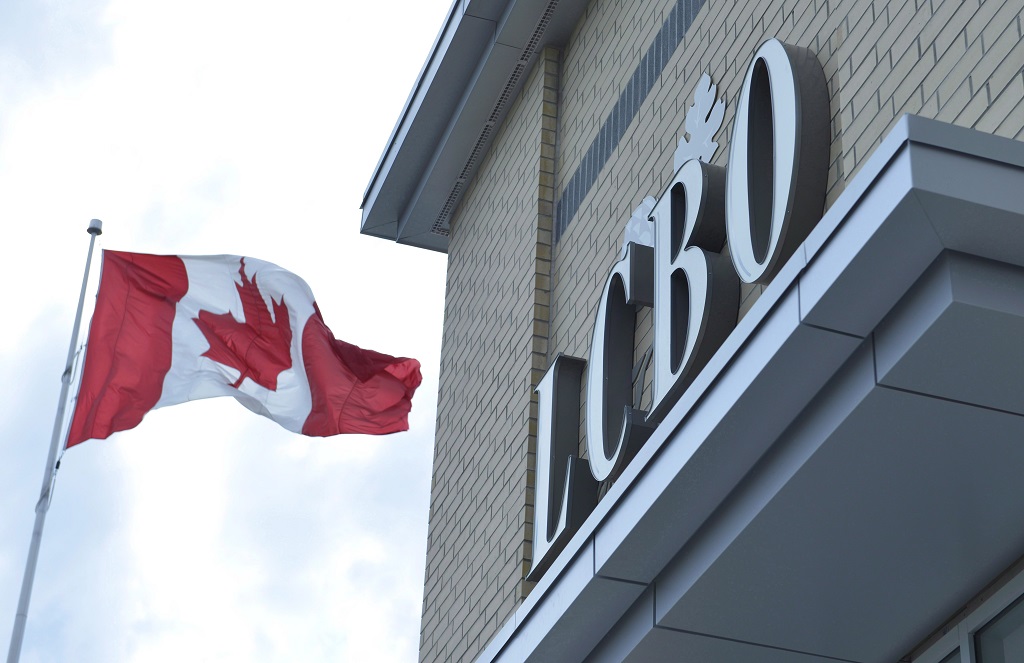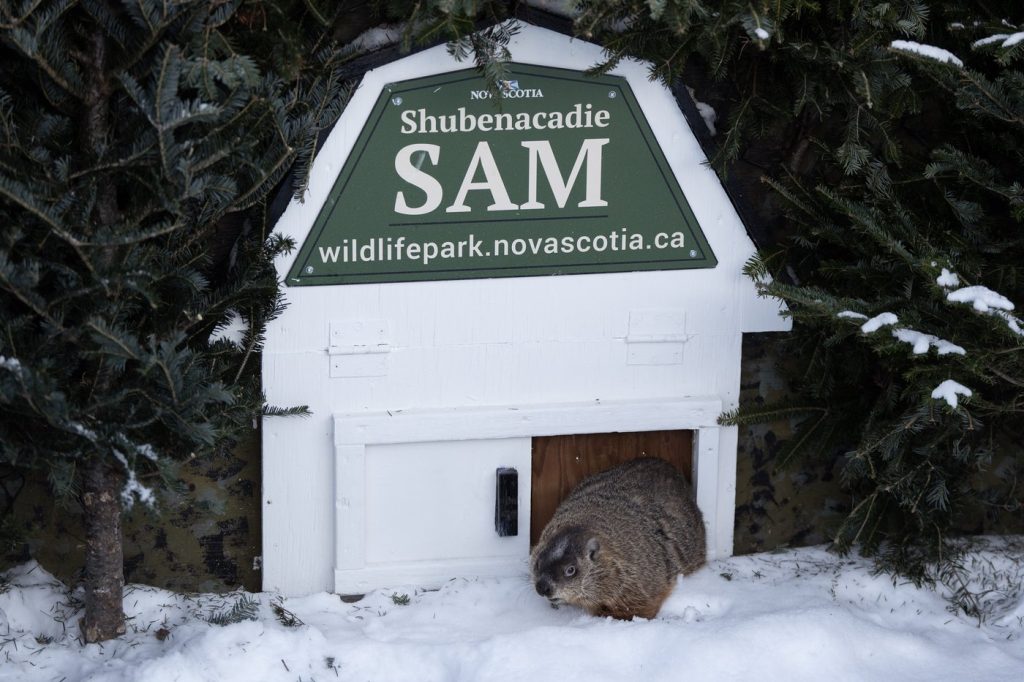A ‘Canadian through and through’: reporter and journalism teacher John Virtue dies
Posted Jun 8, 2016 01:37:14 PM.
Last Updated Jun 8, 2016 02:16:33 PM.
This article is more than 5 years old.
MIAMI – John Virtue, a Canadian-born foreign correspondent and longtime journalism teacher throughout Latin America under a Florida International University program, has died. He was 81.
University officials confirmed that he died of bladder cancer at a Miami Beach hospital last Friday.
Virtue, known to friends as Jack, was born in Nelson, B.C.
Virtue’s career as Latin American correspondent at United Press International took off during a one-month stint in Havana in 1964 when he covered a press conference by Cuban President Fidel Castro. He later managed UPI bureaus in Sao Paolo, Brazil, and Mexico City, and covered wars in Central America and the Guatemala earthquake of 1976.
“Jack was always a steady hand in how he reported war and other conflicts and other big stories from Latin America,” said William Wright, a former UPI correspondent who worked with Virtue in Central America and later was his colleague at Florida International. “Usually chaos reigned but Jack was Canadian through and through. Stoic, calm in the eye of the storm.”
His journalism career included covering Canada’s Parliament. An obituary published online in the Miami Herald said he wrote an essay for the paper last year that included reference to him asking for a transfer to Latin America when he was a “young parliamentary reporter in my native Canada for United Press International.”
During the 1980s, Virtue was an executive editor for El Mundo newspaper in San Juan, Puerto Rico.
He later spent 25 years as director of Florida International’s International Media Center, and under a program sponsored by the U.S. Agency for International Development, he held workshops teaching journalists throughout Latin America.
“He knew the problems that journalists faced because he’s been where other journalists have been,” said Mercedes Vignon, the co-director of the program, who also worked with him in Paraguay.
Though aimed at spreading the ideals of a free press independent of government control, the program also drew criticism for being financed by the U.S. government and ran into a backlash in Cuba, where Virtue said he went undercover to conduct workshops.
Virtue, writing in the Miami Herald in 2015, described how one workshop in 2002 was infiltrated by a government spy, leading later to the arrest of at least 21 journalists — who received prison sentences of up to 28 years.
“He thought he had outfoxed (Cuban leader Fidel Castro) in holding a clandestine workshop right under his nose,” Wright said in an interview by email. “It blew up in his face and cost students who attended the workshop long prison sentences.”
___
This story has been corrected to reflect that Wright and Virtue both worked for UPI as colleagues in Central America, thought Wright did go on to write for the Associated Press later.
— With files from The Canadian Press








